Tags
artists' books, Association for the Study of Literature and Environment, Book Arts Program, Detroit, Emily Tipps, fire, Lin Charlston, Michigan, peat bog, Scott Beadles, Tate Shaw, Welsh
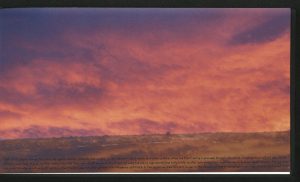
“That which is not said aloud often speaks louder (and, in instances, clearer) than that which is.” — from The Cave Protection Act of 2013
Emily Tipps, Program Manager and Instructor for the Book Arts Program is presenting a paper at the Association for the Study of Literature and Environment biennual conference, June 20-24, in Detroit, Michigan. The paper examines three artists’ books from the Rare Books Department.
Emily writes:
“The artists’ book is uniquely positioned to articulate narratives of environmental devastation. The power of this diverse medium stems from its rich permutation of form, image, text, texture, scale, and materiality. I examine artists’ books that address particular instances of traumatic environmental change.
Lin Charlston’s Fragment by Fragment: Signs of the Peat Bog Disperse into the Wind is a meditation on a fire that irreversibly damaged a Welsh peat bog. Charlston employs color, a landscapte format, and an attentive typeface derived from fragments of peat exposed by the fire and dispersed by wind — phenomena which scarred the landscape and the ecosystem.
The Ground by Tate Shaw positions a personal essay detailing the author’s practice of burying and recovering a book — an act of experiment and catharsis — in the ground in rural Pennsylvania, the site of former coal mines and a current center for hydrofracking. The book’s ink jet-printed plates are treated with water to wash out certain areas — a process echoing the erosion of the landscape.
The Cave Protection Act of 2013 by Michelle Ray, concerns the town of Centralia, Pennsylvania, where underground fires (a result of mining) opened sink holes into which the town disappeared. The book examines the sense of identity this disappearance gave the community. The book’s visual language is derived from the dryness of a government document, while its structure deals in negative space, holes opening in the pages, and the oulines of houses overlapping like ghosts or the framing of a new subdivision.
Using slides and physical books, I’ll take a closer look at these and other books, which are so effective in conveying tangible and intangible effects environmental destruction can have on individuals, communities, and ecosystems.”
For more about this conference see Rust/Resistance: Works of Recovery.
To read these books go to the Special Collections Reference Room, L4, J. Willard Marriott Library, The University of Utah and ask for:
Charlston, Lin. Fragment by Fragment: Signs of the Peat Bog Disperse into the Wind. Shropshire: Charlston Books, 2011 N7433.4 C435 F7 2011
Shaw, Tate. The Ground. Rochester, NY: Preacher’s Biscuite Books, 2013 N7433.4 S5416 G76 2013
Ray, Michelle. The Cave Protection Act of 2013. Small Craft Advisory Press and formLab, 2013 N7433.4 R395 C38 2013
Photographs by Scott Beadles

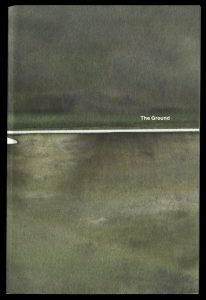
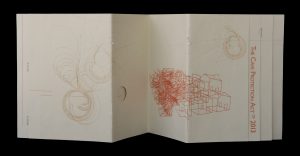
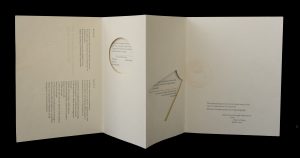
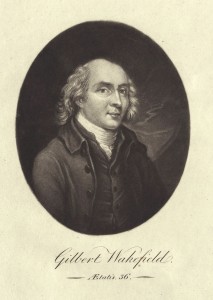
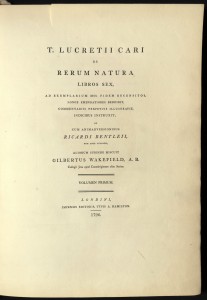
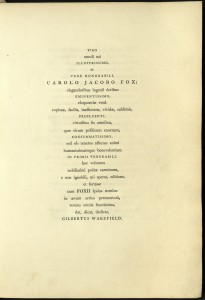
You must be logged in to post a comment.